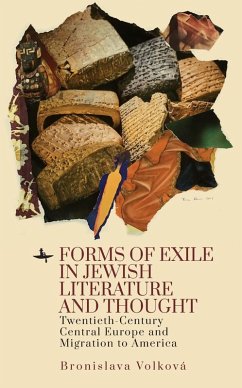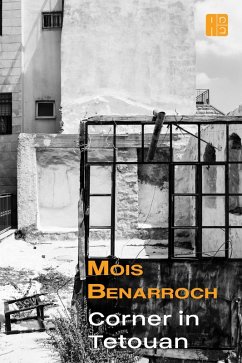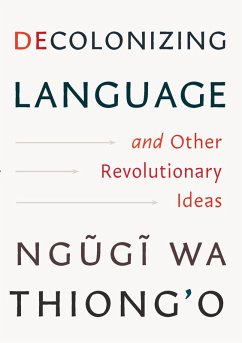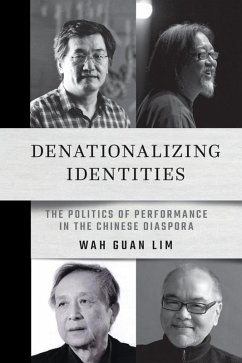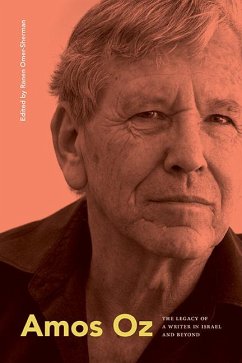
Static Forms (eBook, ePUB)
Writing the Present in the Modern Middle East

PAYBACK Punkte
13 °P sammeln!
What does it mean to write a literature of the present? In the early twentieth century, Arabic and Hebrew writers faced a parallel predicament. Modern literature aspired to reflect the contemporary moment, yet the Middle Eastern present seemed incompatible with dominant literary forms, especially the novel. Projects of "cultural awakening" implied that Arabs and Jews were somehow inhabiting the present wrongly. Arabic and Hebrew writers found themselves grappling with the simultaneous necessity and impossibility of narrating the present-and achieved strikingly similar literary solutions to thi...
What does it mean to write a literature of the present? In the early twentieth century, Arabic and Hebrew writers faced a parallel predicament. Modern literature aspired to reflect the contemporary moment, yet the Middle Eastern present seemed incompatible with dominant literary forms, especially the novel. Projects of "cultural awakening" implied that Arabs and Jews were somehow inhabiting the present wrongly. Arabic and Hebrew writers found themselves grappling with the simultaneous necessity and impossibility of narrating the present-and achieved strikingly similar literary solutions to this challenge.
This book develops a new theory of the emergence of modernist literary forms through a series of parallel readings of Arabic and Hebrew prose. Situating literary production in projects of modernization, settler colonialism, and state building, Shir Alon traces the proliferation of what she calls "static forms." These literary forms articulate a modern present experienced as stuck, suspended, or absent, embodying the lived temporalities of Orientalist fantasies of origin, regimes of productive and reproductive labor, and the routine violence of occupation. Static Forms positions writers such as Mahmud al-Mas¿adi, Sonallah Ibrahim, Elias Khoury, Adania Shibli, S. Y. Agnon, Y. H. Brenner, and Yeshayahu Koren as innovators and theorists of global modernism, writing the present as a series of suspensions of modernity's narrative of progress.
This book develops a new theory of the emergence of modernist literary forms through a series of parallel readings of Arabic and Hebrew prose. Situating literary production in projects of modernization, settler colonialism, and state building, Shir Alon traces the proliferation of what she calls "static forms." These literary forms articulate a modern present experienced as stuck, suspended, or absent, embodying the lived temporalities of Orientalist fantasies of origin, regimes of productive and reproductive labor, and the routine violence of occupation. Static Forms positions writers such as Mahmud al-Mas¿adi, Sonallah Ibrahim, Elias Khoury, Adania Shibli, S. Y. Agnon, Y. H. Brenner, and Yeshayahu Koren as innovators and theorists of global modernism, writing the present as a series of suspensions of modernity's narrative of progress.
Dieser Download kann aus rechtlichen Gründen nur mit Rechnungsadresse in A, D ausgeliefert werden.





